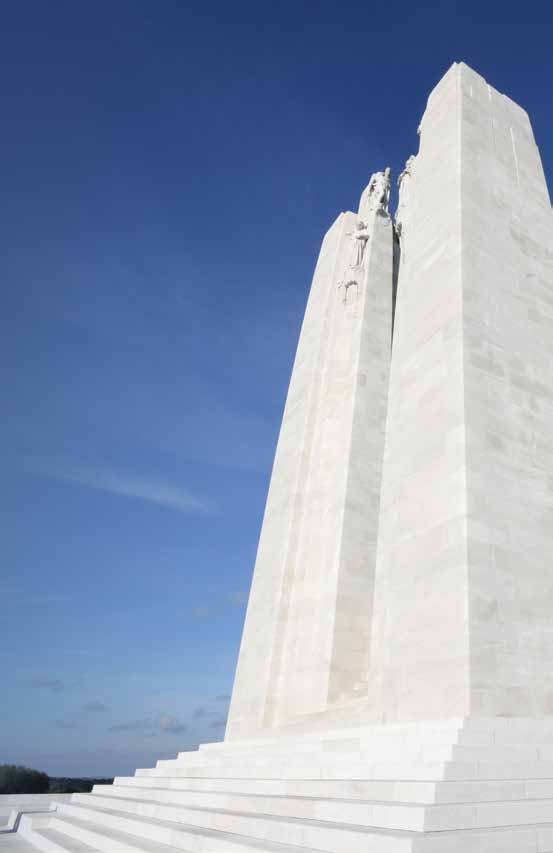Rethinking the Battle of Hill 70
Abstract
Hill 70 was the first major battle that Canadian troops fought under one of their own -- Lieutenant-General Sir Arthur Currie. Currie and his staff acquitted themselves well and proved capable of planning and conducting large-scale and complex offensive operations. This manuscript discusses this battle and its place in the pantheon of battles that helped forge the reputation of the Canadian Corps during WWI and shed light on the personalities that influenced the battle’s outcome.
Downloads
Published
2017-12-22
Issue
Section
The Ross Ellis Lecture in Military and Strategic Studies



